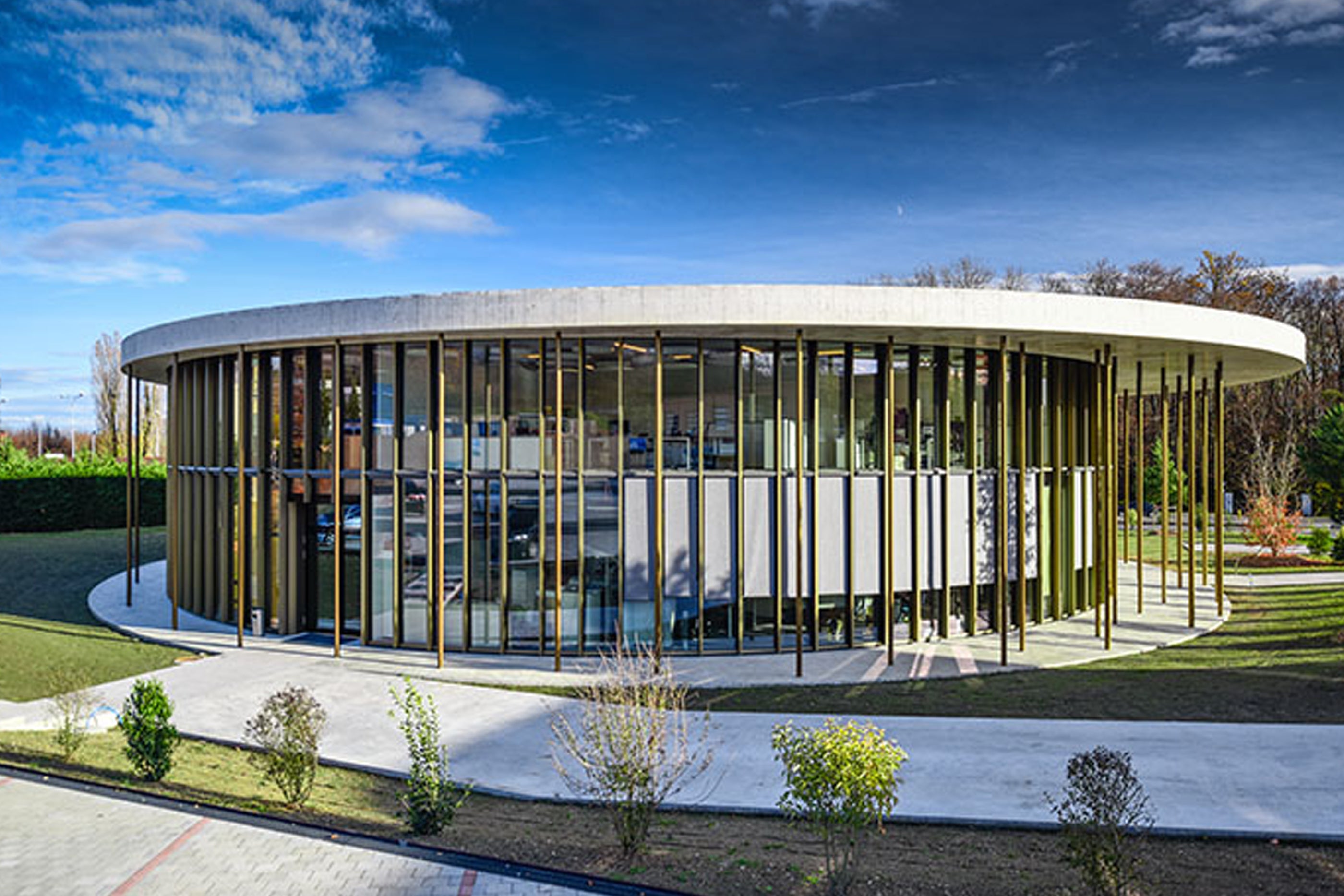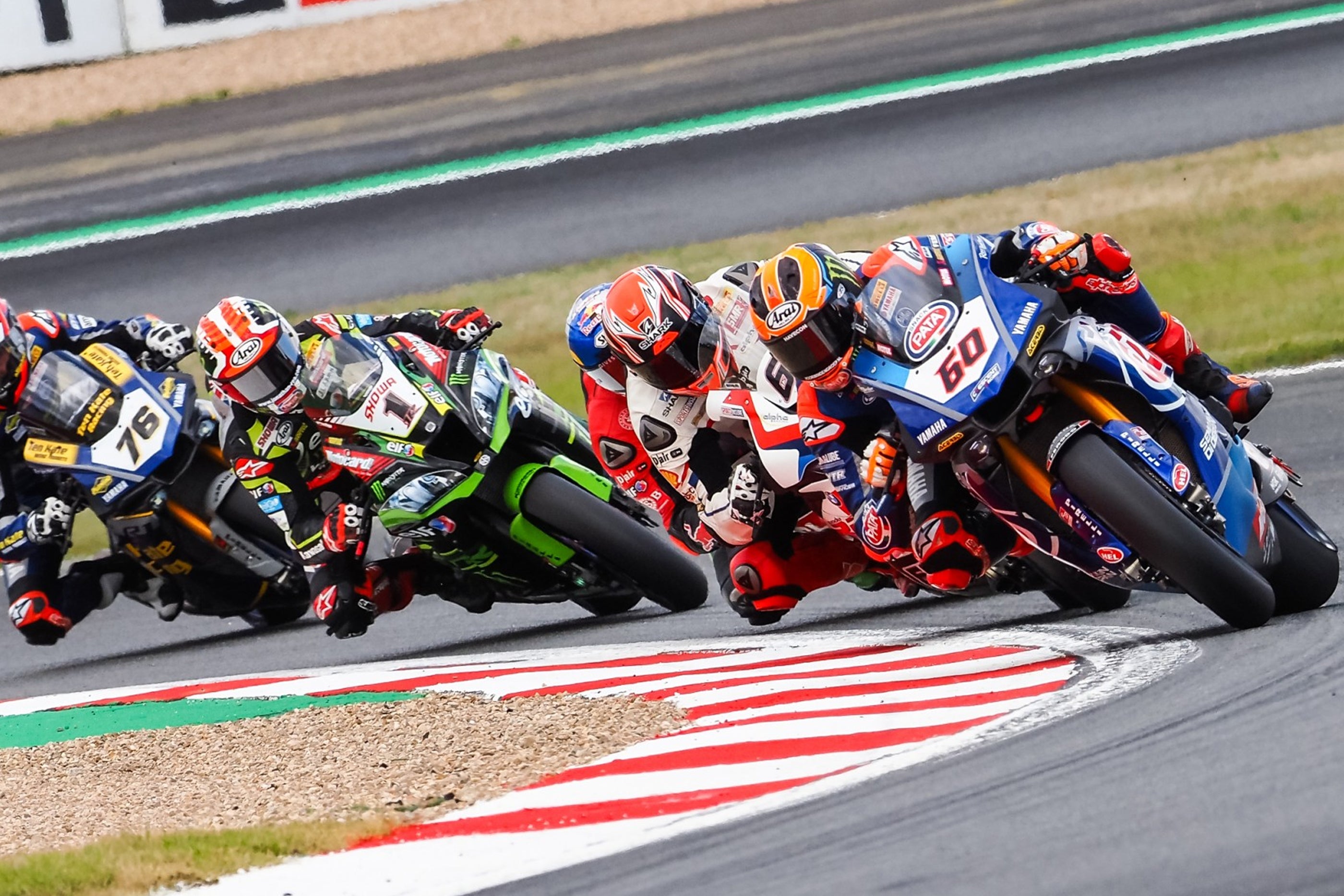History of the FIM
The FIM's origins date back to December 21, 1904, when it was established in Paris as the Fédération Internationale des Clubs Motocyclistes (FICM). Initially focused on coordinating international motorcycle races, the organisation evolved to encompass broader aspects of motorcycling, including advocacy, road safety, and sustainability.
- In 1949, the FIM organised the first Motorcycle Grand Prix World Championship, now known as MotoGP, making it the oldest motorsport world championship.
- The organisation was renamed the Fédération Internationale de Motocyclisme in 1998 to reflect its expanded role beyond sports.
Roles and Responsibilities
The FIM has a multifaceted mission that extends across motorcycle sports, road safety, environmental initiatives, and advocacy for riders worldwide.
1. Motorcycle Sports Governance
The FIM oversees a variety of competitive motorcycling disciplines, ensuring fair play, safety, and uniform regulations across all events. Key sports under its governance include:
- MotoGP: The pinnacle of motorcycle road racing, featuring top riders and manufacturers.
- Superbike World Championship (WorldSBK): Racing for production-based motorcycles.
- Motocross (MXGP): Off-road racing in natural terrain circuits.
- Trial and Enduro: Technical disciplines requiring balance, precision, and endurance.
- Speedway: High-adrenaline dirt track racing.
- E-Bike Racing: Reflecting the shift toward electric mobility in motorsports.
2. Technical and Safety Standards
The FIM sets global technical regulations for motorcycles, safety gear, and event organisation. One of its most notable contributions is the FIM Racing Homologation Programme (FRHP) for helmets, ensuring riders wear helmets that meet the highest safety standards. This certification is essential for MotoGP and other professional racing events.
3. Environmental and Social Advocacy
The FIM is a leader in promoting sustainability within motorcycle sports and activities. Its Ride Green Programme focuses on:
- Reducing the environmental impact of events through noise management, eco-friendly fuels, and waste reduction.
- Encouraging manufacturers to develop sustainable technologies for motorcycles and racing equipment.
The FIM also engages with communities to promote the positive social and economic impact of motorcycling, supporting inclusive participation across genders, ages, and cultures.
4. Road Safety and Tourism
Beyond competitive sports, the FIM works to enhance the safety and enjoyment of everyday motorcycling. Key initiatives include:
- Campaigns to raise awareness about sharing the road safely with motorcyclists.
- Promoting advanced rider training and education.
- Supporting motorcycle tourism through the development of scenic routes and adventure opportunities.
5. Rider Licensing and Global Representation
The FIM issues licences to professional riders and officials, ensuring they meet specific standards for participation in international events. It also works with over 115 National Federations and six Continental Unions, such as FIM Europe and FIM Asia, to manage regional activities and represent riders' interests globally.
FIM and Helmet Safety
One of the FIM's critical contributions to rider safety is its role in helmet certification. The FIM Racing Homologation Programme (FRHP) evaluates helmets for:
- Impact absorption.
- Penetration resistance.
- Stability during high-speed racing.
Only helmets that pass these rigorous tests are approved for professional racing. This initiative has driven innovation in helmet design, making advanced safety technology available to all riders.
Why is the FIM Important?
The FIM’s work ensures that motorcycling remains a safe, sustainable, and respected activity worldwide. Its contributions include:
- Standardising rules and safety measures across diverse competitions.
- Driving innovation in motorcycle technology and gear.
- Advocating for motorcyclists' rights and promoting a positive public image of motorcycling.
- Engaging with global environmental goals to reduce the sport's ecological footprint.
FIM-Affiliated Events and Achievements
The FIM has achieved remarkable milestones over its history:
- The MotoGP World Championship is one of the most-watched motorsports globally, showcasing the highest level of motorcycle racing.
- Innovations like e-bike racing and noise reduction initiatives highlight its adaptability to modern challenges.
- Partnerships with manufacturers, governments, and environmental groups reinforce its commitment to sustainable progress.
FIM and the UK Motorcycling Scene
For British riders, the FIM's influence is seen in the safety standards of helmets, the organisation of national and international events like MotoGP at Silverstone, and road safety campaigns that make motorcycling a safer activity. At Moto Central, we align with the FIM's values by offering certified helmets, quality gear, and expert advice to help riders enjoy motorcycling responsibly.
Conclusion
The Fédération Internationale de Motocyclisme (FIM) is more than a governing body; it is the backbone of global motorcycling. From organising world-class competitions like MotoGP to championing sustainability and safety, the FIM ensures motorcycling thrives as both a sport and a lifestyle.
As motorcyclists, we owe much to the FIM’s efforts to standardise safety, foster innovation, and support the global riding community. Visit Moto Central's showroom in Leicestershire or explore our website to find FIM-approved helmets and gear that keep you safe and connected to the world of motorcycling.




